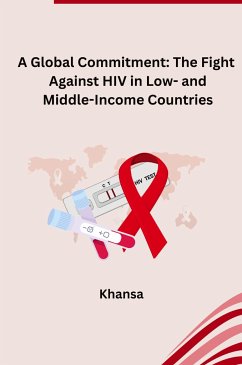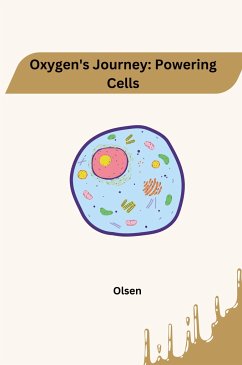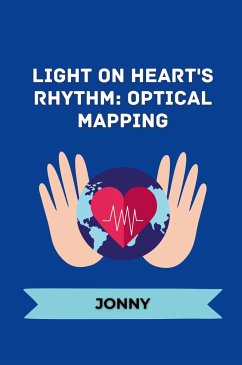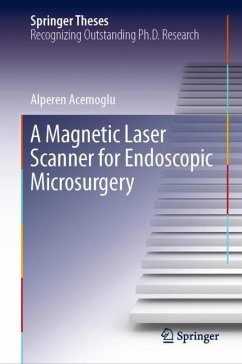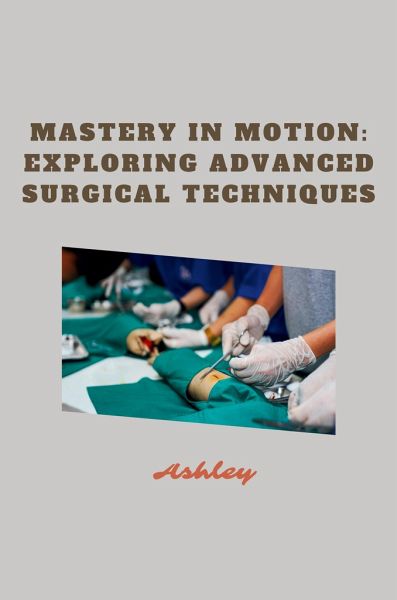
Mastery in Motion: Exploring Advanced Surgical Techniques
Versandkostenfrei!
Versandfertig in 6-10 Tagen
27,29 €
inkl. MwSt.

PAYBACK Punkte
0 °P sammeln!
Surgery has undergone rapid advancements in recent years. New technologies and procedures now enable surgeons to perform more complex and precise operations than ever before. Advanced surgical techniques are characterized by the following features:Minimally Invasive Surgery:Minimal Incisions: Unlike open surgery, which requires large incisions, minimally invasive surgery utilizes small incisions or natural openings in the body.Reduced Trauma: Minimally invasive surgery results in less trauma for the patient, leading to faster healing times, reduced pain, and a lower risk of complications.Enhan...
Surgery has undergone rapid advancements in recent years. New technologies and procedures now enable surgeons to perform more complex and precise operations than ever before. Advanced surgical techniques are characterized by the following features:Minimally Invasive Surgery:Minimal Incisions: Unlike open surgery, which requires large incisions, minimally invasive surgery utilizes small incisions or natural openings in the body.Reduced Trauma: Minimally invasive surgery results in less trauma for the patient, leading to faster healing times, reduced pain, and a lower risk of complications.Enhanced Visualization: Minimally invasive procedures often employ cameras and other instruments to provide the surgeon with a magnified and detailed view of the surgical field.








